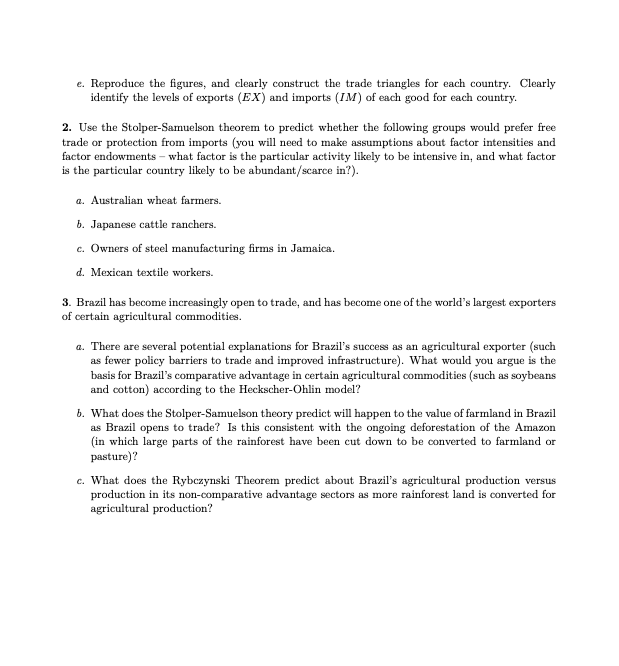
The following behavior-changing defect reports were applied retroactively to previously published C++ standards.For construct 3 users, we updated the basic Construct 3 runtime plugin with a few more features it's as good a time as any to release and for C3 devs to work with it. Triviality of eligible default constructors determines whether the class is an implicit-lifetime type, and whether the class is a trivial type.Ī ( int x = 1 ) : x (x ) Defect reports

The constructor is not user-provided (i.e., is implicitly-defined or defaulted on its first declaration).performs no action) if all of the following is true: The default constructor for class T is trivial (i.e.

If no user-defined constructors are present and the implicitly-declared default constructor is not trivial, the user may still inhibit the automatic generation of an implicitly-defined default constructor by the compiler with the keyword delete. T is a union and all of its variant members are const.T is a non-union class with a variant member M with a non-trivial default constructor, and no variant member of the anonymous union containing M has a default member initializer.T is a union with at least one variant member with non-trivial default constructor, and no variant member of T has a default member initializer.T has a direct or virtual base which has a deleted destructor, or a destructor that is inaccessible from this constructor.


That is, it calls the default constructors of the bases and of the non-static members of this class. If the implicitly-declared default constructor is not defined as deleted, it is defined (that is, a function body is generated and compiled) by the compiler if odr-used or needed for constant evaluation (since C++11), and it has the same effect as a user-defined constructor with empty body and empty initializer list. The implicitly-declared (or defaulted on its first declaration) default constructor has an exception specification as described in dynamic exception specification (until C++17) exception specification (since C++17) Implicitly-defined default constructor If some user-declared constructors are present, the user may still force the automatic generation of a default constructor by the compiler that would be implicitly-declared otherwise with the keyword default. If no user-declared constructors of any kind are provided for a class type ( struct, class, or union), the compiler will always declare a default constructor as an inline public member of its class. Such constructor is treated as user-provided (see below and value initialization).ĭefault constructors are called during default initializations and value initializations. 5) Defaulted default constructor outside of class definition (the class must contain a declaration (1)).


 0 kommentar(er)
0 kommentar(er)
